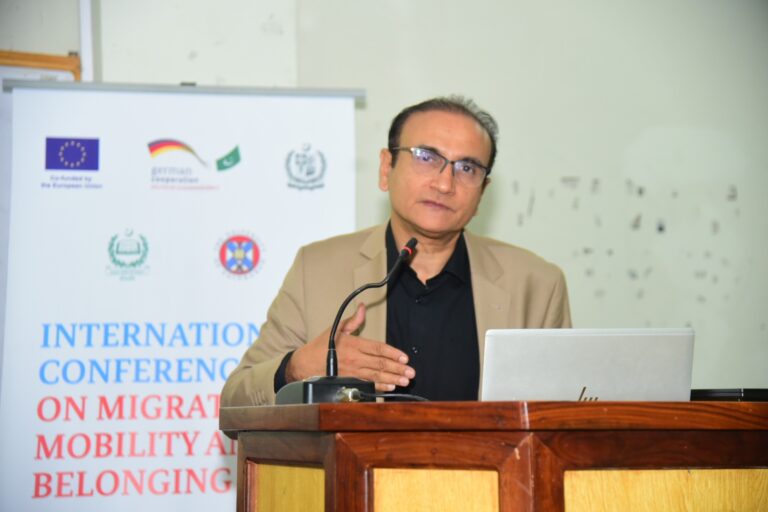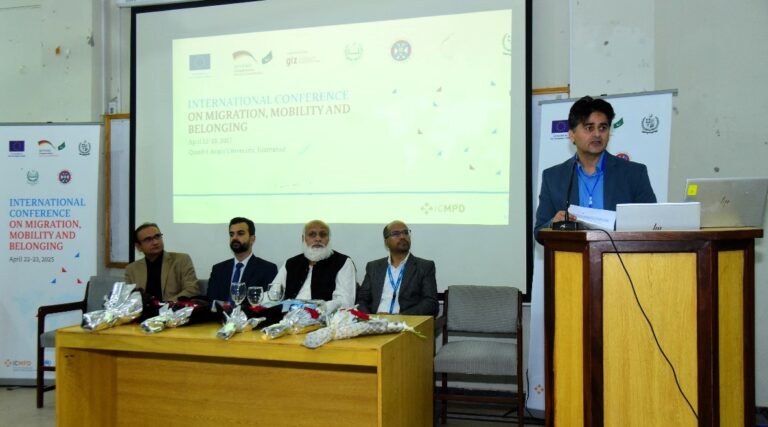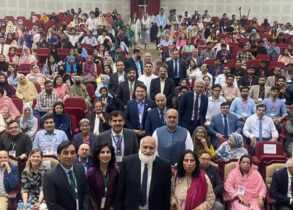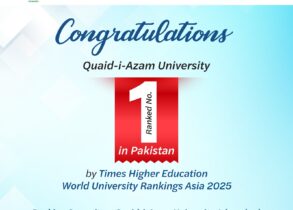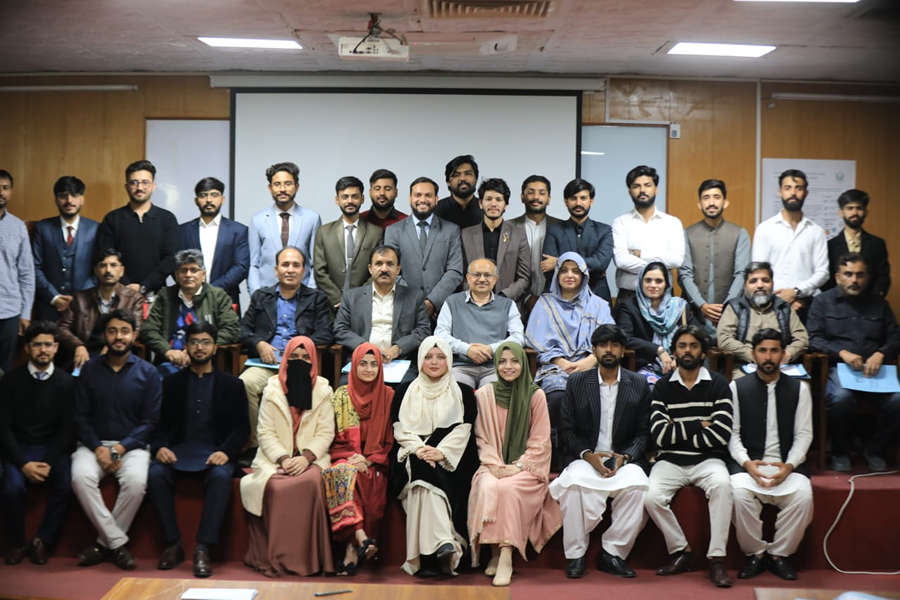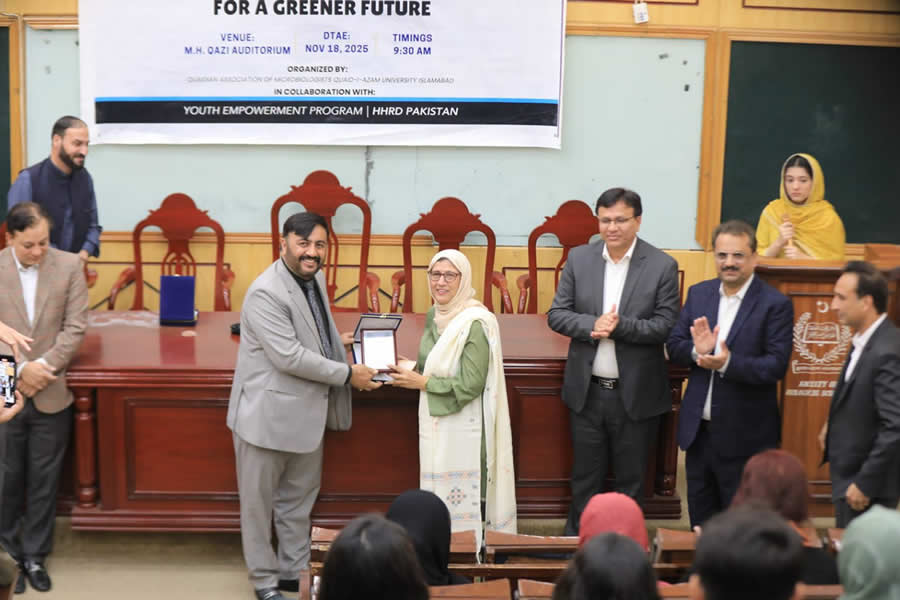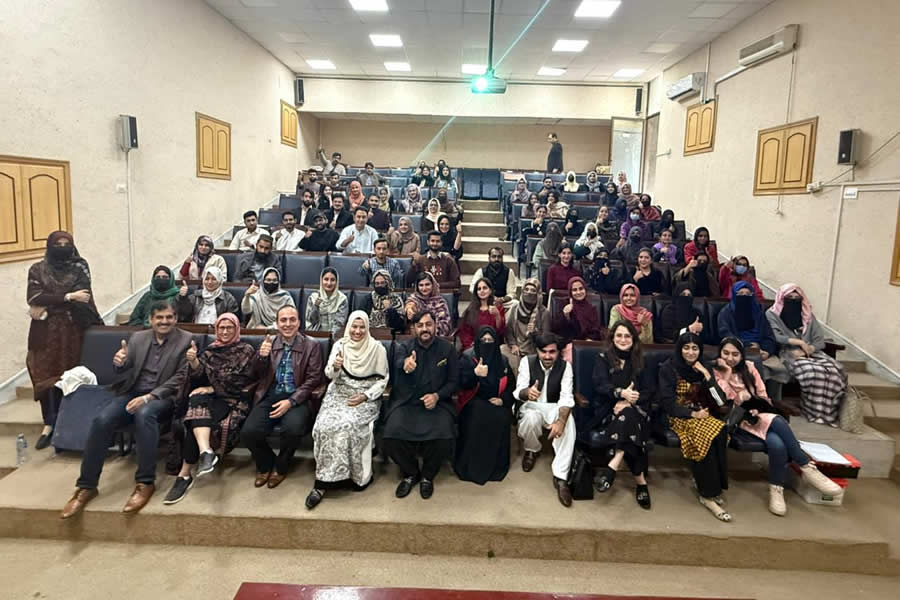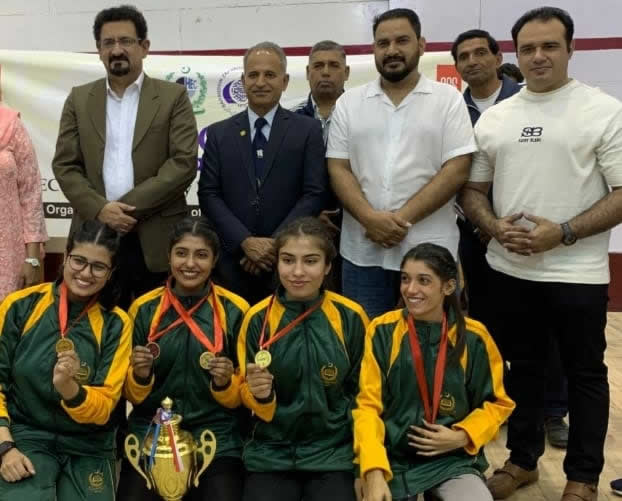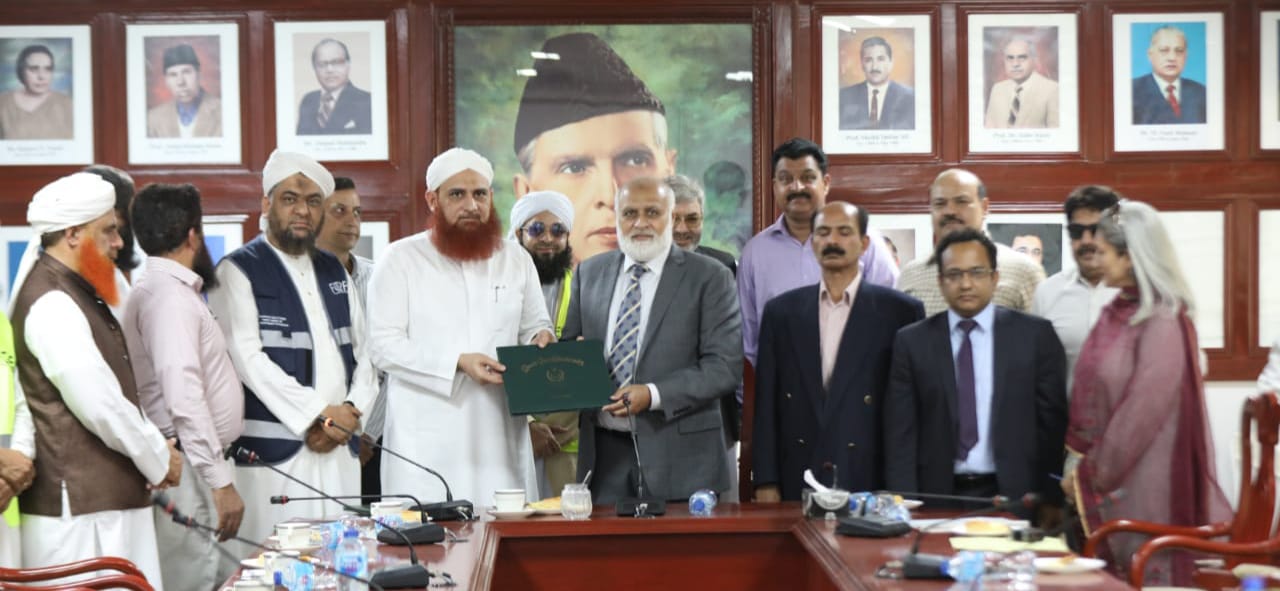Two-day international conference on Migration, Mobility, and Belonging
a two-day international conference on Migration, Mobility, and Belonging was organized by the Department of Anthropology at Quaid-i-Azam University (QAU), in collaboration with the University of Edinburgh, with financial support from the European Union and the German Development Cooperation through GIZ Pakistan. The conference brought together more than fifty scholars, researchers, and policymakers who presented their research on a diverse range of themes related to migration.
The event was inaugurated by the Vice Chancellor of QAU, Prof. Dr. Niaz Ahmad Akhtar (Sitara-i-Imtiaz), who congratulated the Department of Anthropology for organizing an international conference on such a pertinent and timely topic. In his welcome address, Dr. Ayaz Qureshi of the University of Edinburgh emphasized the critical role of anthropological engagement in understanding the complex realities of migration in Pakistan. The conference also featured speakers from GIZ, ICMPD, and UNHCR, and saw enthusiastic participation from students and faculty across the country. The Chairperson of the Department of Anthropology at QAU, Dr. Inam Ullah Leghari, thanked the partner institutions for their support and warmly welcomed the participants.
The event convened researchers and delegates from national and international universities—including Quaid-i-Azam University, Punjab University, Peshawar University, the University of Edinburgh, NUST, Aga Khan University, and others—alongside representatives from civil society. Sessions addressed pressing topics such as labor migration, climate-induced displacement, irregular migration, diasporic identities, and the socio-political impacts of return migration and reintegration. Panel discussions covered a wide range of migration themes, including labor, agency, identity and belonging, displacement, gender, climate change, citizenship, transnationalism and diaspora, health, and lived experiences.
The conference also explored the emotional and social dimensions of displacement, as well as the role of migration in fostering local resilience. It concluded with a plenary session chaired by Dr. Ayaz Qureshi and Dr. Inam Ullah Leghari, who thanked all participants and emphasized the importance of sustained collaboration between academia, civil society, and development partners to inform inclusive and actionable migration policies. They also highlighted the urgent need for a coherent migration policy in Pakistan.


